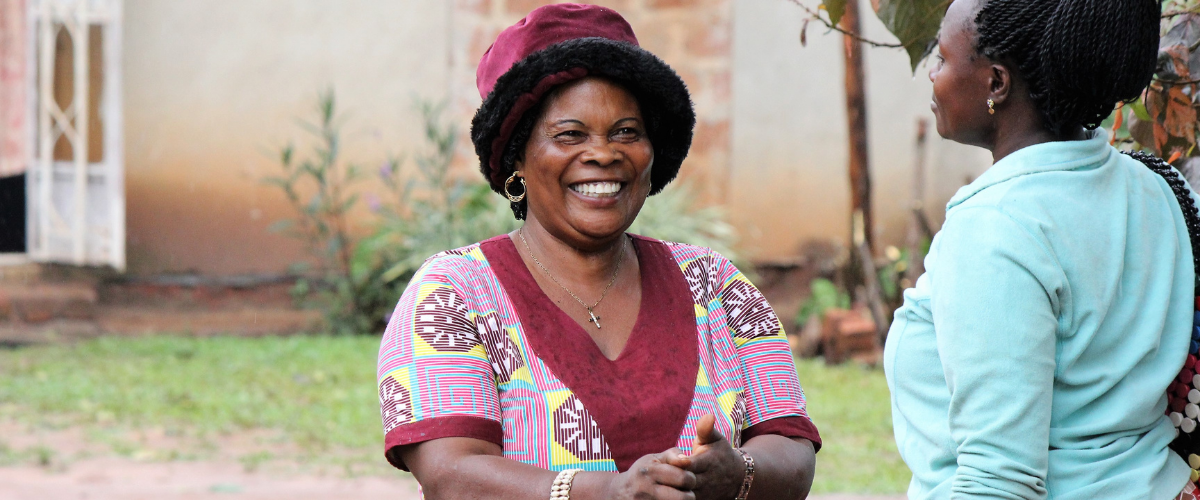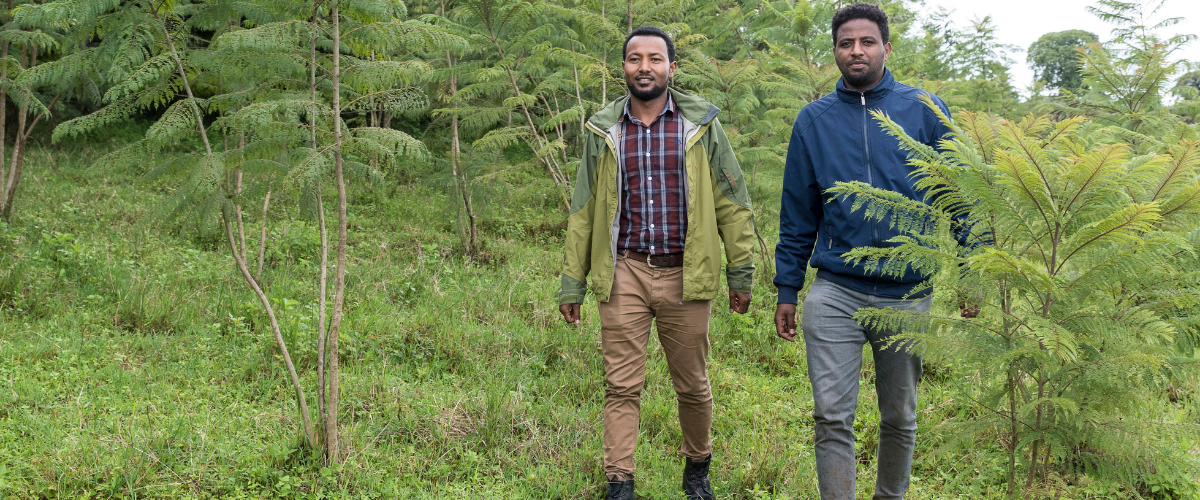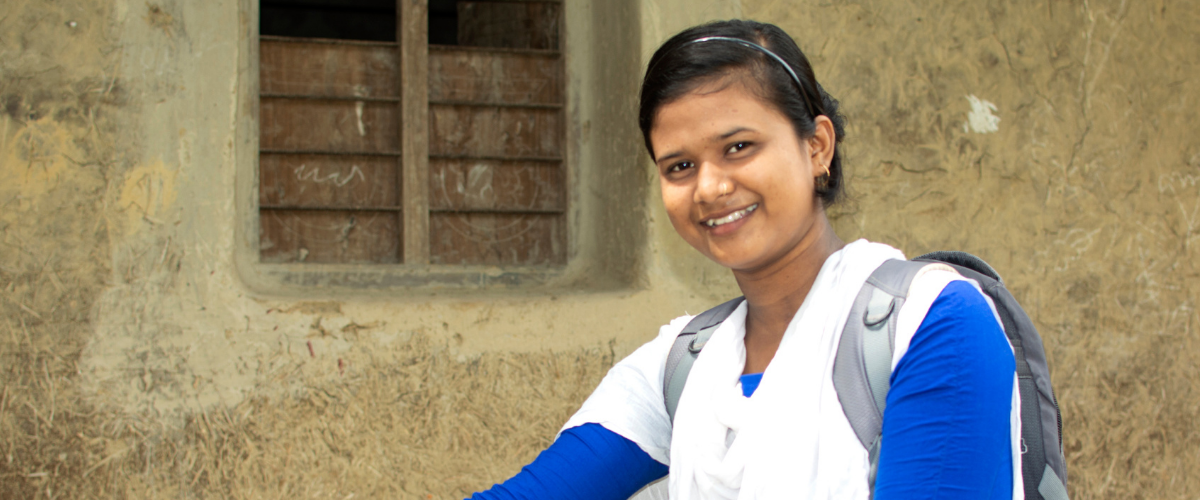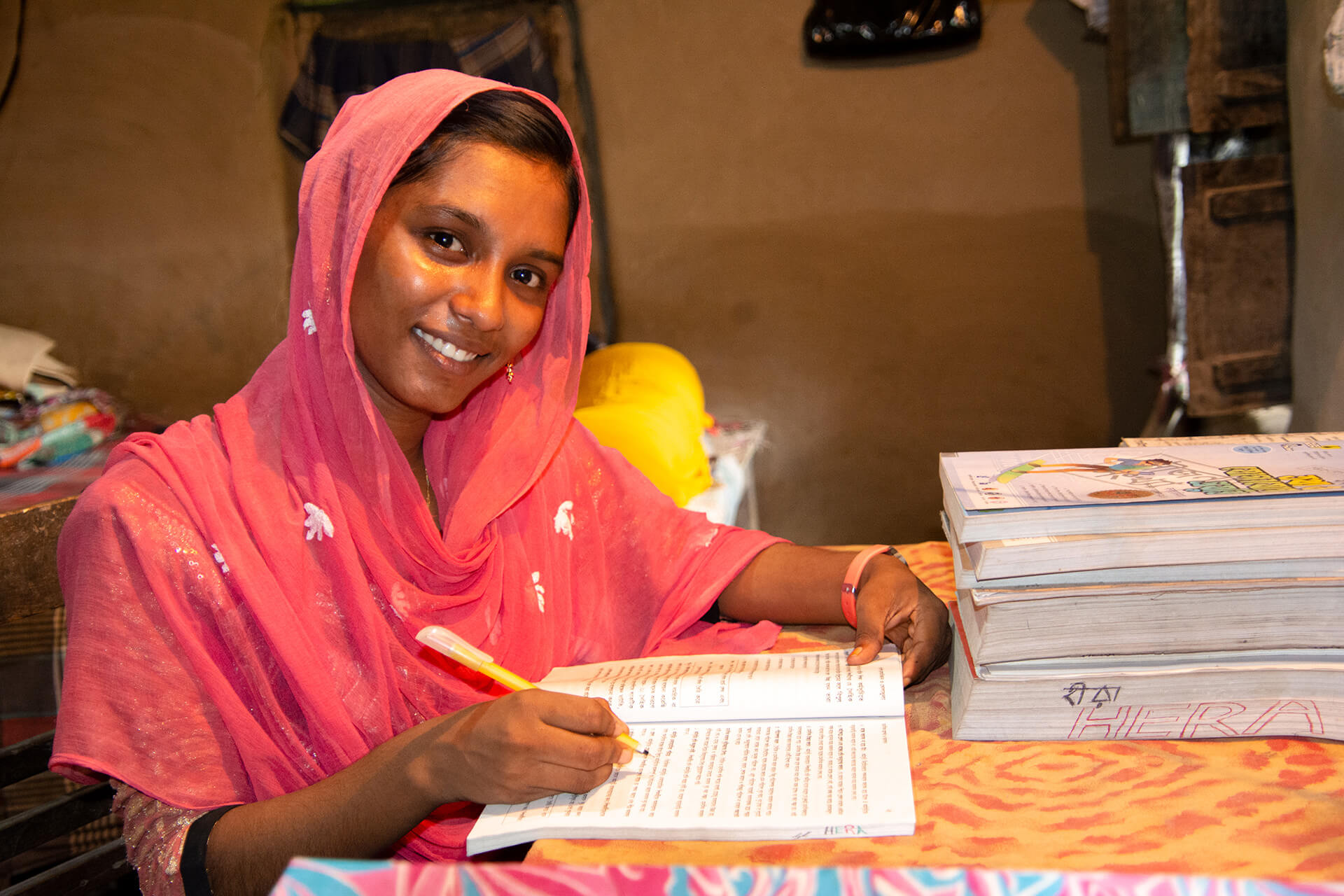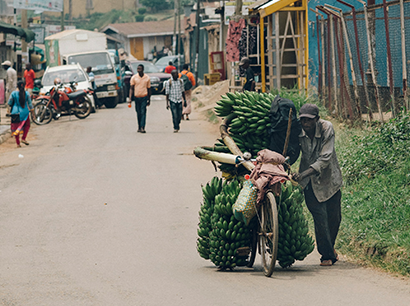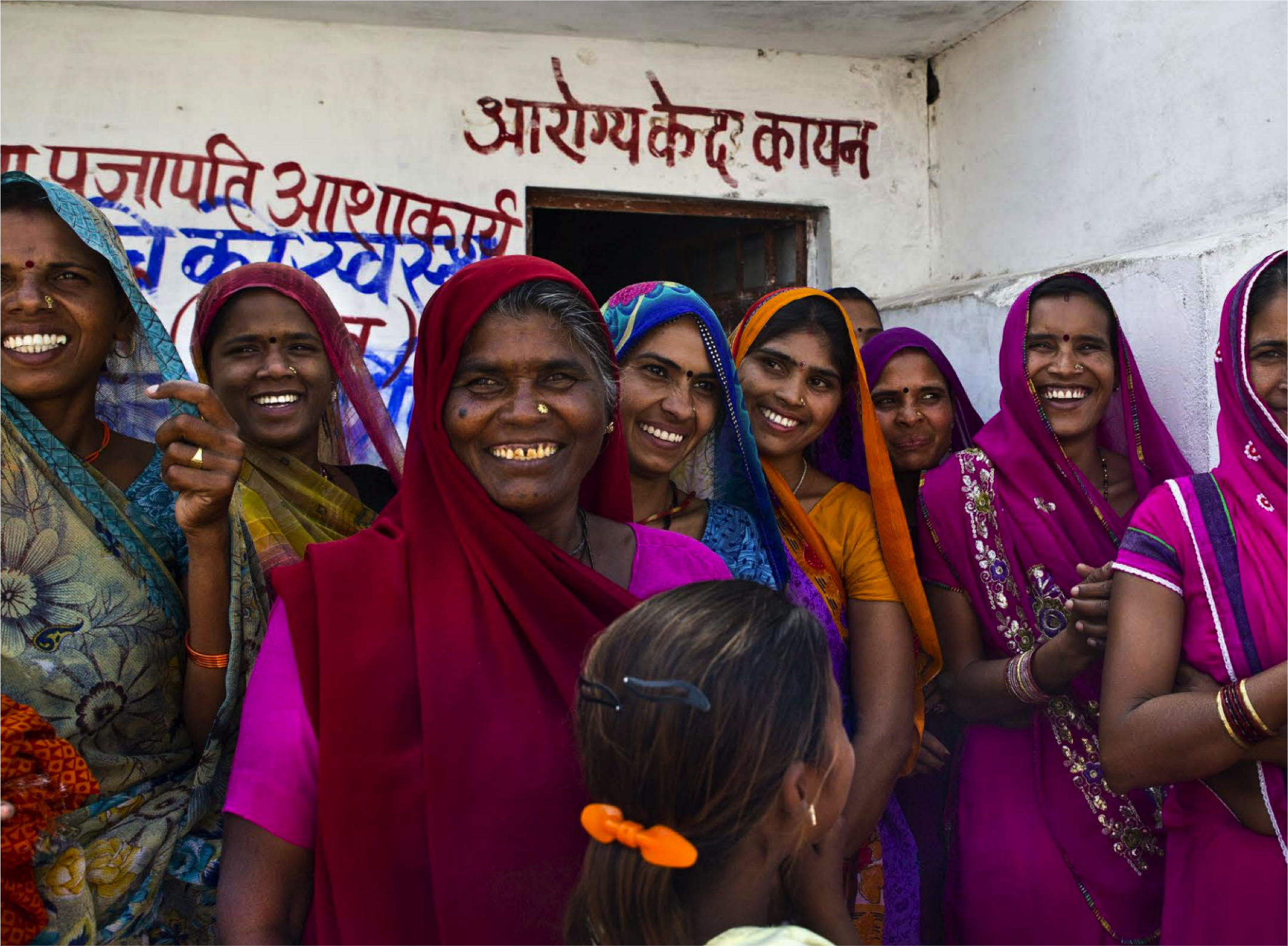Daisy Owomugasho, Regional Director of The Hunger Project Uganda, wrote the following article that was featured in Uganda’s leading newspaper, ‘The Newvision’.
I believe that there has never been a moment in time more important than today when all forms of community systems are being called upon to rise up and protect our children, especially the girls, from any form of abuse. As we continue the fight against COVID-19, it is everybody’s call to ensure that we do not lose the gains we have laboured so much to realise.
Since March, when schools were ordered to close, we have seen an increase in cases of child marriage in different parts of the country. Prior to the onset of the COVID-19 pandemic, Uganda was struggling, but working steadily in its efforts to deliver on a number of international obligations regarding sexual and reproductive health among girls and young boys.
The closure of schools in March as a result of COVID-19 was a good intervention, but it also had a big impact in the area of sexual and reproductive health for girls mainly. Schools play a very big role in protecting girls from a lot of sexually related crimes that are ever present in our communities.
According to the UN and our own observations at The Hunger Project Uganda, if girls were to be allowed to complete the entire primary and secondary education cycle in school, this alone reduces their chances of catching HIV by 50%. Staying in school further insulates the girls from many other sexual and reproductive health situations such as early marriage, domestic violence and all other forms of abuse. Schools, therefore, indirectly contribute to more than 70% of the girl’s chances of a healthy and productive future.
UNFPA estimates that the total effect of the COVID-19 pandemic could mean approximately 13 million additional child marriages globally. This means as a country we need to scale up efforts in building and providing safety for girls. Now that schools are closed, the responsibility of keeping our children safe, especially the girls, has shifted to the communities. Unfortunately, information that has been received regarding the first few months of the girls being at home shows that communities have not been doing a good job.
Since March, when schools were ordered to close, we have seen an increase in cases of child marriage in different parts of the country. We have seen an increase in all forms of abuse targeting the girls such as rape and defilement. Suddenly, the number of new HIV infections among young people has also started to rise again.
For years, The Hunger Project Uganda has invested a lot in building strong community systems that work to protect girls from any form of abuse, including early marriages. We have a vibrant network of community animators with local knowledge that are able to identify such abuses when they occur. The community animators also act as early warning systems against any form of abuse likely to happen to any girl.
Communities have intelligence and are usually in the know regarding what families may be planning to do. When such abuses are identified, the necessary interventions are done to ensure that the girls are protected. I, therefore, believe that there has never been a moment in time more important than today when all forms of community systems are being called upon to rise up and protect our children, especially girls, from any form of abuse.
There are some good community innovations we can borrow from; a case in point is the community of Kalamba sub-county in the Butambala district. As a way of dealing with the rampant cases of child marriage in their area, the local community with support from The Hunger Project Uganda and area leaders mobilised and adopted a community bylaw through their local council.
The bylaw gives communities the power to detect and prevent any form of child marriage by identifying and shaming individuals who continue to engage in this form of abuse. Communities work closely with all local enforcement agencies, including the Police to ensure that cases are thoroughly investigated and victims are protected throughout. As we continue the fight against COVID-19, it is everybody’s call to ensure that we do not lose the gains we have laboured so much to realise. The responsibility of keeping our girls safe from any harm should never be left to schools alone.
In order to contribute to attaining the global development goals, specifically goals 1, 2, 3, 4, 5,10 and 17, The Hunger Project Uganda through its Women Empowerment programme, is implementing Her Choice Project that seeks to create child marriage-free communities in 9 districts of Uganda and safe choices for deaf girls in Mbale. Through gender-focused community-led development (GFCLD), The Hunger Project Uganda has invested significantly in building the capacity of girls, both in and out of school, to participate in decision-making processes through peer clubs.
The Hunger Project Uganda has also built and supported community systems and structures to provide an enabling environment for girls to thrive and reach their full potential Communities should rise up and be safe zones for all our children during this pandemic. We are continuing with our advocacy of ensuring safe places for our girls.

